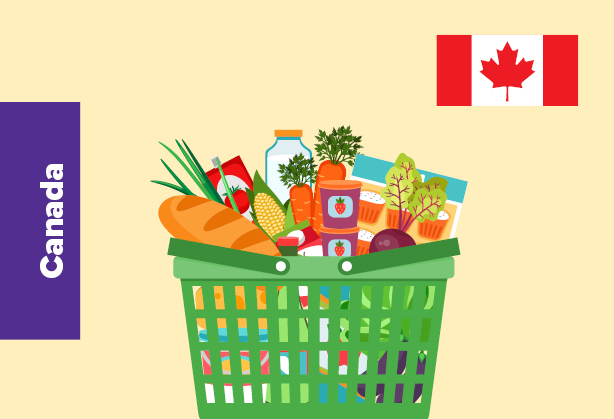
Bare Trust Reporting Rules Unclear for Canadians
The issue stems from new tax rules introduced in 2022 that required certain trusts, including so-called “bare trusts,” to be reported to the Canada Revenue Agency (CRA).
These rules were intended to tackle tax avoidance, money laundering, and other illicit activity. However, they unexpectedly swept up thousands of ordinary Canadians in 2023 who were caught in technical trust arrangements. Bare trusts often arise in everyday situations, such as a parent co-signing a mortgage, being added to a child’s bank account, or a spouse holding legal title to property shared with their partner.
The CRA paused the requirement for bare trusts at the last minute in March 2024, citing unintended consequences for taxpayers. Despite that, more than 44,000 individuals still submitted the forms, many of them paying accountants to navigate paperwork that may now prove unnecessary.
In August 2025, the Department of Finance proposed amendments aimed at reducing the burden. Exemptions would include situations such as spouses jointly holding a bank account, parents added to the title of a child’s home for mortgage purposes, and accounts shared with elderly parents where the balance is under $250,000. These changes are meant to provide clarity, but they still leave many scenarios uncovered, meaning some Canadians will continue to face reporting obligations.
Accountancy groups welcomed the proposals but warned that confusion remains high. Because bare trusts can arise without taxpayers realising it, there is concern that people may miss filing obligations or overcomply by filing when they do not need to. This uncertainty risks creating yet another difficult tax season if legislation is not passed quickly.
The CRA has acknowledged the challenge and indicated that it is awaiting direction from the government before confirming filing requirements for 2025. Officials say they will aim to provide clear communication as early as possible, but time is already short. Experts argue that an education campaign is essential and that penalties should be suspended until Canadians have had the opportunity to adjust.
For now, taxpayers who suspect they might be affected by bare trust rules should monitor government updates closely. The situation remains fluid, and while relief is expected for many, the lack of clarity means that preparation and professional advice could still be necessary to avoid unexpected obligations.



